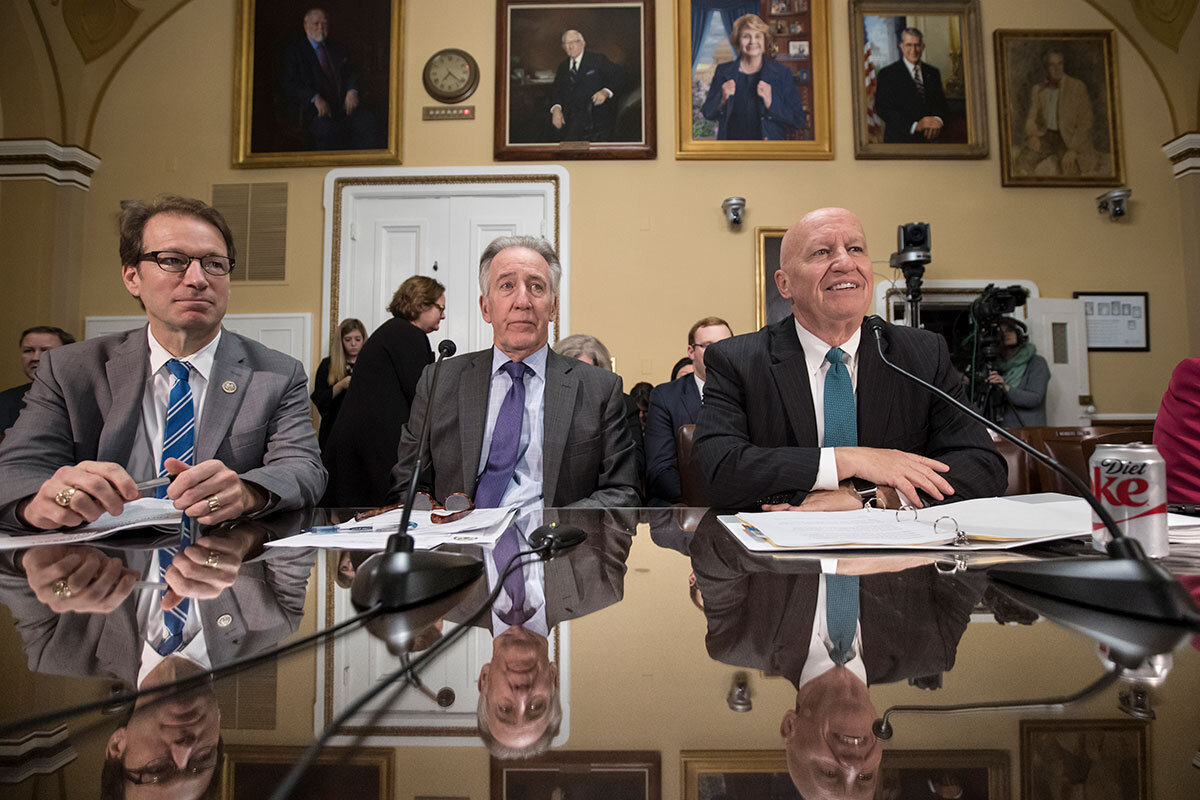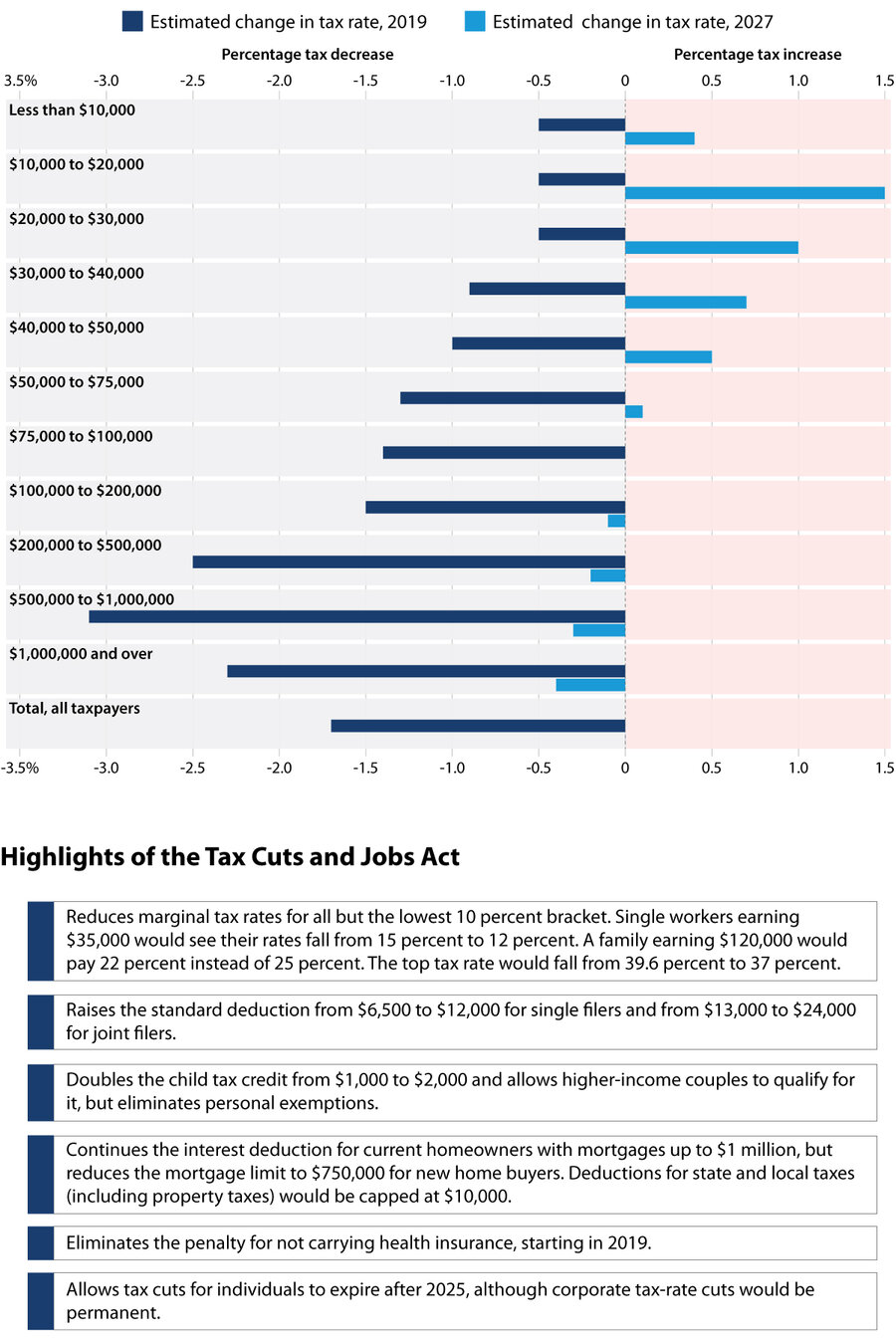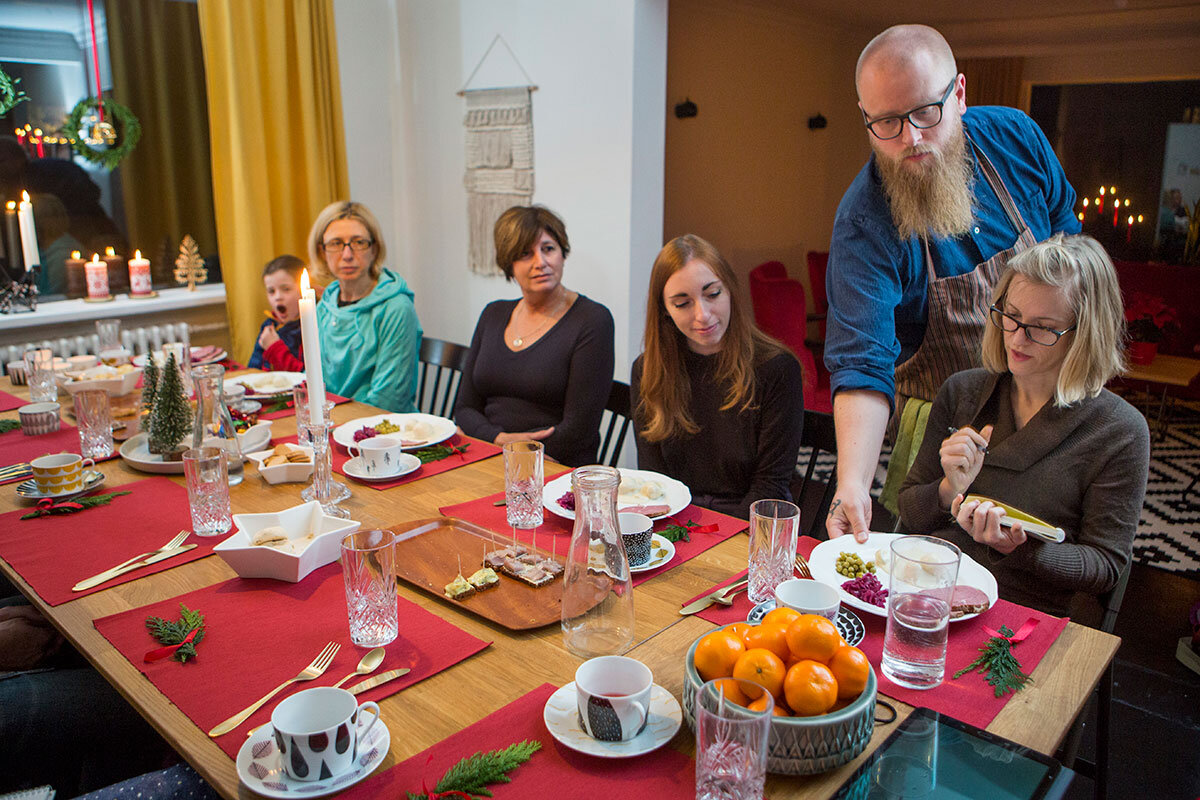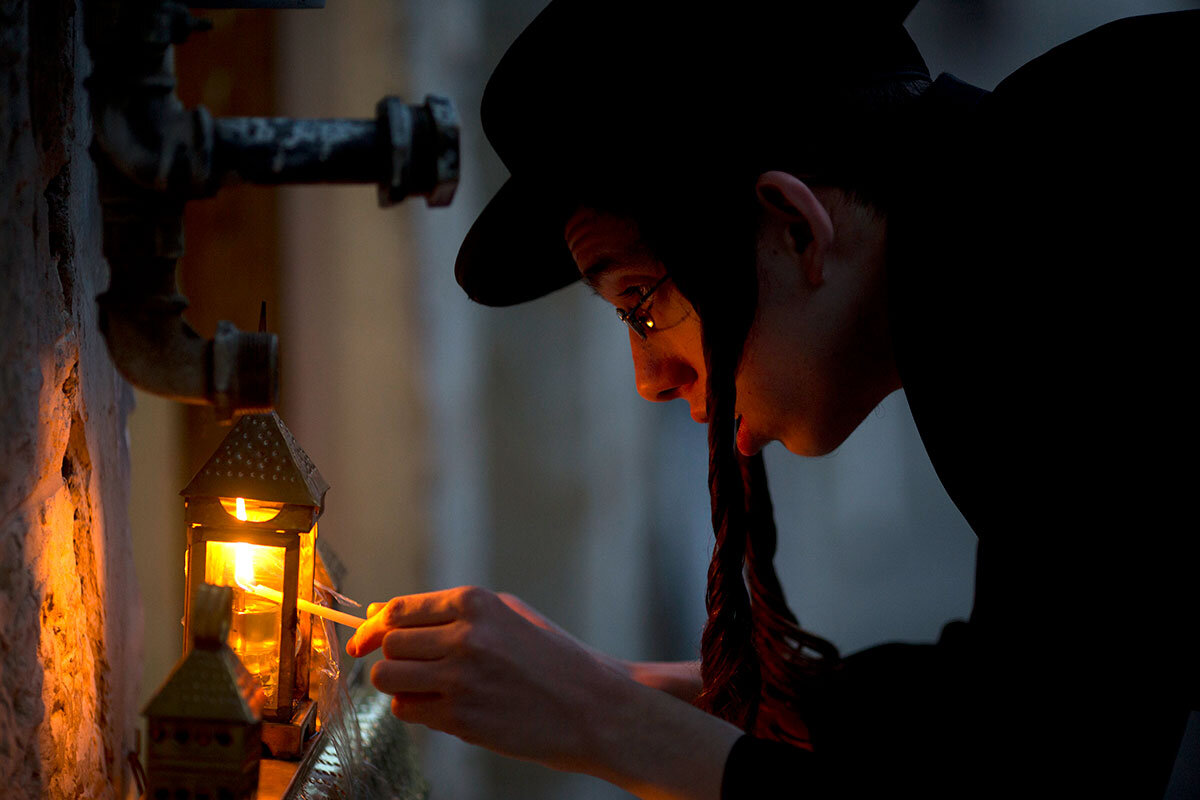Our reporters are looking at the Republican tax plan by examining the principles of fairness (tax cut), and simplicity (tax reform) as well as an emerging perception gap among US voters about the benefits of this change.
Monitor Daily Podcast
- Follow us:
- Apple Podcasts
- Spotify
- RSS Feed
- Download
 David Clark Scott
David Clark Scott
Yes, we’re watching Congress vote on the tax reform bill today. But we’ve also got one eye on a selfless 8-year-old boy.
A few weeks ago, Jayden Perez decided the children of hurricane-battered Puerto Rico needed his Christmas toys more than he did. Then, his mom posted a video on Facebook, in which Jayden asks: “Can you donate one toy, from the bottom of my heart and the bottom of your heart?"
Jayden’s generosity struck a chord: More than 1,000 toys were donated and $9,300 has been collected on a GoFundMe page. Jayden now plans to help distribute those toys on the island during Three Kings Day, when Latino children traditionally receive gifts.
But selflessness isn’t limited to this third-grader from New Jersey.
In Ohio, 9-year-old Mikah Frye made a similar choice. When he learned his grandmother planned to buy him an Xbox One game console, he said the $300 would be better spent on blankets for a local homeless shelter. You see, Mikah’s family had previously availed themselves of the Ashland Church Community Emergency Shelter Services. And Mikah took it a step further, adding a handwritten note with each blanket.
We probably shouldn’t be surprised that children are often the best examples of the Christmas spirit. In prophesying the coming of Christ Jesus, Isaiah wrote: “and a little child shall lead them.”
Now let's look at the five stories we've selected that include a look at the fairness of US tax cuts, security shifts in the Middle East, and compassion vs. the rule of law for foreigners.











